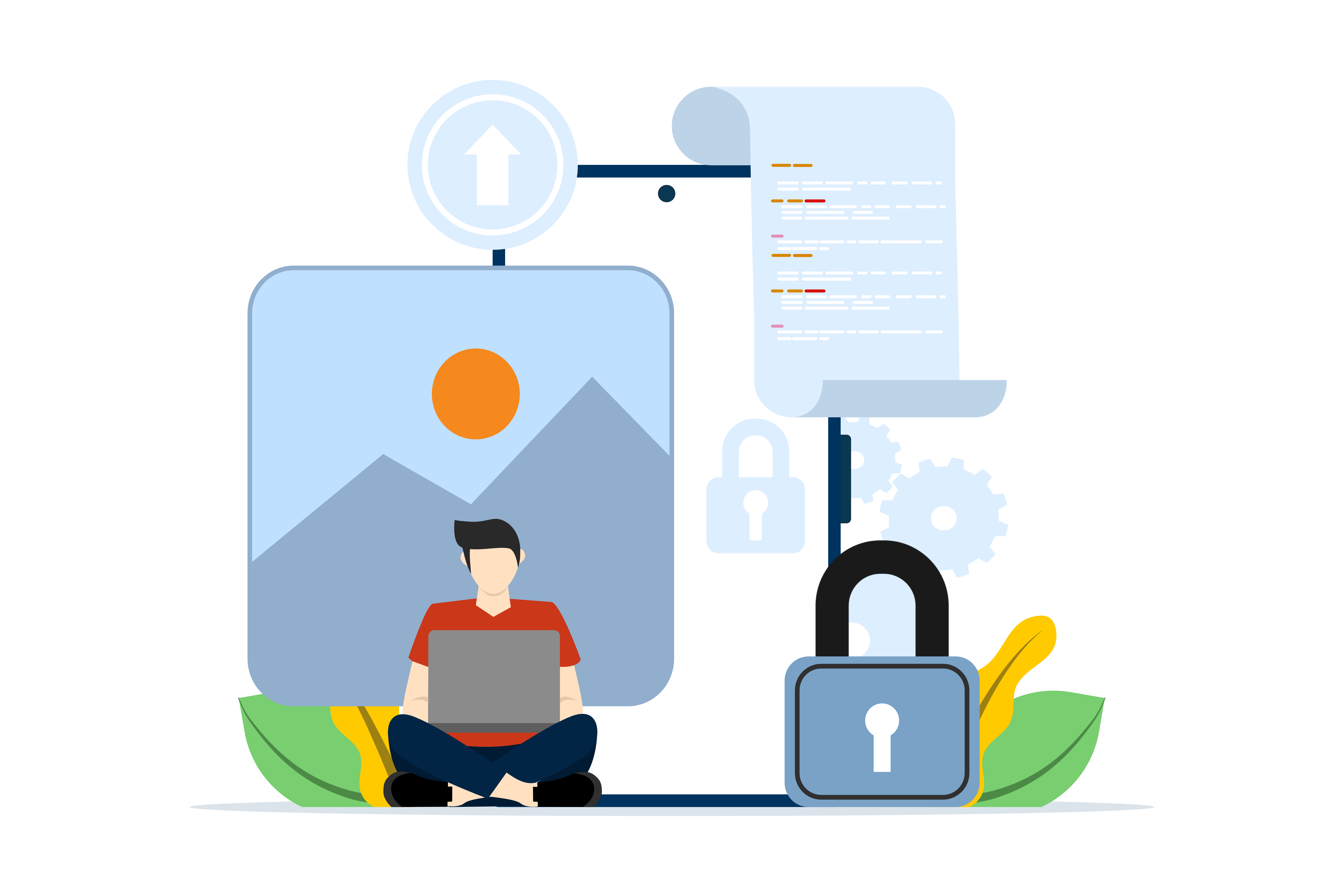- Home
- About us
- Services
- API Web Security Assessment
- Build and Configuration Review
- Wireless Security Assessment
- VoIP Security Assessment Services
- Cloud Security Assessment Services
- Social Engineering Penetration Testing
- Red Teaming Services
- Source Code Security Review Services
- Mobile Application Testing Services
- Web Application Testing Services
- Infrastructure Penetration Testing
- Penetration Testing
- Blue Team Exercise
- Solutions
- Contact


























